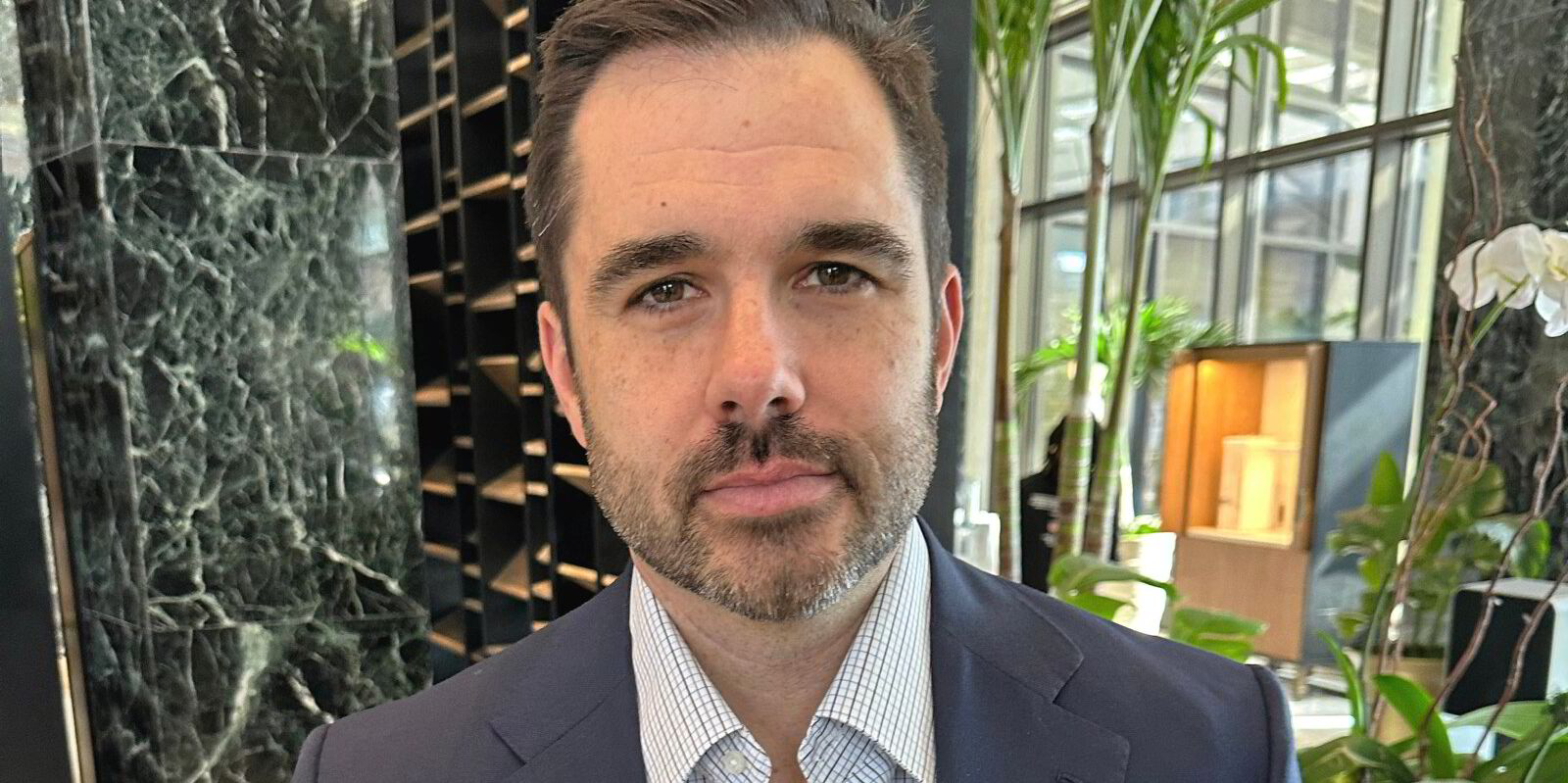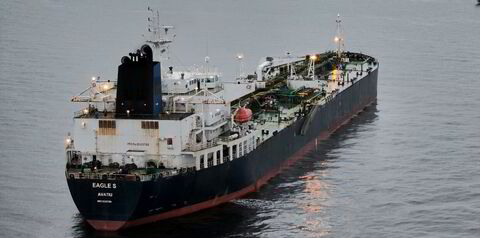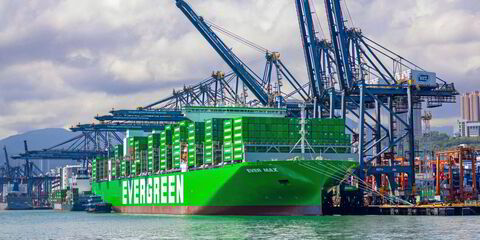The ink is still wet on another edition of Michael Webber’s annual ESG Scorecard, which contains some raps on the knuckles for the Saverys family, more praise for the governance dynasty that is Genco Shipping & Trading and the answer to whether anyone could displace Top Ships at the very bottom of the tables.
Streetwise is exclusively previewing the results of the Webber Research & Advisory report on environmental, social and governance (ESG) standards, which ranks 64 publicly listed shipowners globally.
The fallen
Apart from Genco’s win for a fourth consecutive year, the big news comes in the precipitous fall of CMB.Tech to 27th, a drop of 11 places from the 16th spot held in 2023 by its predecessor, Euronav.
The plunge is easily the biggest of any company in the tables.
Euronav of course engaged in marathon negotiations that would culminate in the $2.35bn sale of 24 modern VLCCs to Norwegian tycoon John Fredriksen after Euronav’s controlling Saverys family rejected a merger attempt.
The process also saw the Saverys sell their private green-energy venture CMB.Tech into Euronav, then successfully tender through their Compagnie Maritime Belge (CMB) for the remaining shares in the public company, which was rebranded with the CMB.Tech name.
The episode has drawn criticism on governance grounds and triggered litigation from rebel shareholder FourWorld Capital Management, which complained CMB had underpaid for the Euronav shares.
A Belgian court found CMB had undervalued the price by $0.52 per share, meaning other shareholders could be in line for a payout of $46m, said FourWorld, a US-based fund.
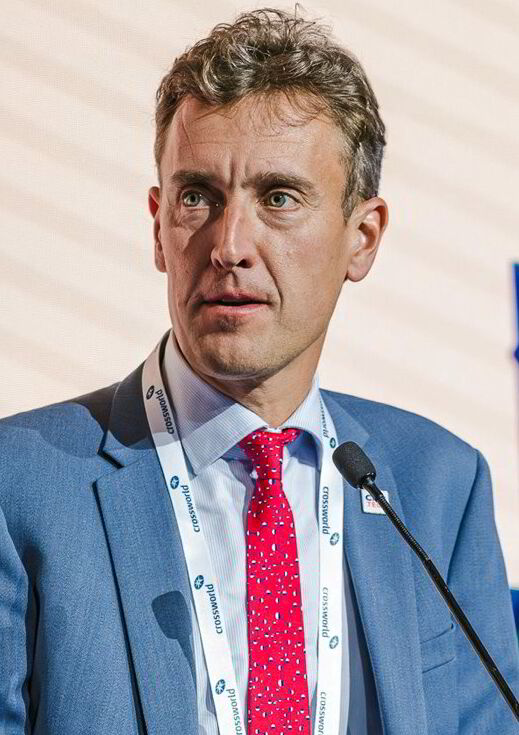
The Webber scorecard was limited in its commentary on the reasons for CMB.Tech’s drop, but nonetheless clear.
“CMBT fell 11 spots following its acquisition by CMB and multiple related party transactions, among other factors,” the report said, referring to CMB.Tech by its ticker symbol.
CMB.Tech chief executive Alexander Saverys has publicly defended the transaction on more than one occasion, although less on the governance question and more on whether the mixed-bag company of tanker assets and green-energy initiatives is actually investable.
“We believe that a diversified shipping group with a strong focus on decarbonisation will create more value in the long run than a pure play tanker or dry bulk owner,” he told a New York Capital Link audience in March.
Genco’s reign
New York-based Genco and chief executive John Wobensmith are enjoying another year at the top of the Webber tables. They become the first to head the rankings for four straight years since Webber introduced what was then his “corporate governance scorecard” while still at Wells Fargo Securities in 2016.
But should that sound less than exciting, understand that there’s a story behind the story, and the result could have been different.
Genco faced its own Black Swan event in the past year in the person of Greek shipping tycoon George Economou. He revealed a 5.4% stake in the company in December 2023 and quickly exerted activist investor pressures as he had at a handful of other public owners, culminating in a proxy fight.

The dry bulk shipowner could have responded by introducing a “poison pill” into its bylaws, which would have capped any further share accumulations by the Greek.
Indeed, this had been the approach taken in recent years by International Seaways in repelling advances from Fredriksen, and by the former Eagle Bulk Shipping after two rival shipowners took big stakes in the company.
Both Seaways and Eagle had been among the top-ranked companies in Webber’s ratings and saw their positions plunge after adopting the pills, which are seen as overall unfriendly to shareholder value.
Wobensmith and Genco decided not to take this course, instead launching an investor website and vigorously defending themselves against Economou’s rhetoric. They prevailed when the investor sold his stake and withdrew from the fight on the eve of the proxy vote.
In an interview this week, Webber confirmed that Genco likely would have slid down the tables if it had taken the more extreme measure.
Instead, it has another crown.
Rounding out the top five are US-based liner company Matson, LPG player Navigator Gas, Irish product tanker owner Ardmore Shipping and Hong Kong-listed dry bulk operator Pacific Basin Shipping.
Matson is up from third last year, while Ardmore and Pacific Basin both retained their places.
Maxim follies
Evangelos Pistiolis-led Top Ships was included for the first time in the 2023 Webber tables, and it entered dead last of the 64 listings.
This was hardly a surprise given the company’s record of shareholder value destruction.
A Top share trading today around $9 was worth the effective equivalent of $521.6trn on the first day of trading as a public company on 2 August 2024, according to data from Yahoo Finance.
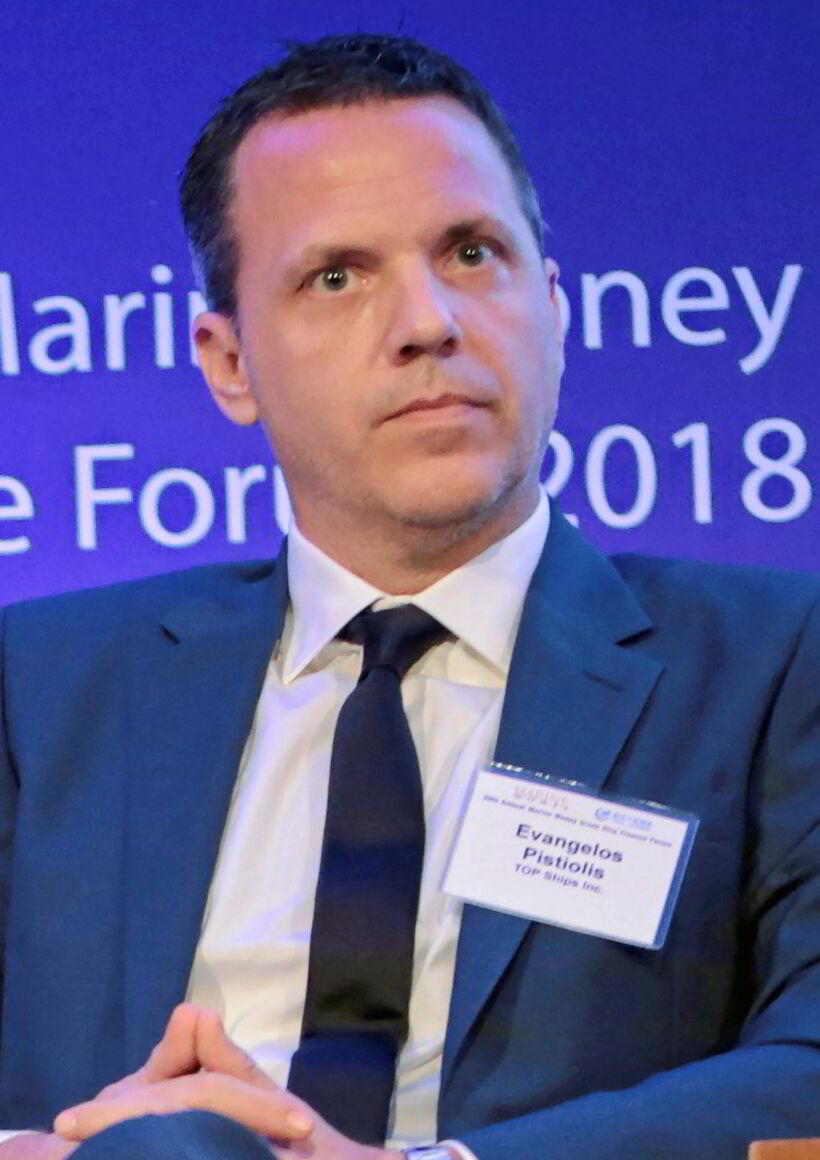
But there is good news. Top has moved up to 61st place in this year’s ratings, and that is thanks to three other shipowners who — like Top — have done business with controversial US investment bank the Maxim Group.
This year it is Harry Vafias’ Imperial Petroleum that makes its debut in last place.
Imperial Petroleum is the company spun off from Vafias’ New York-listed StealthGas in December 2021. It owned three product tankers at the time.
Imperial soon became the target of investor ire over dilutive equity raises performed through Maxim, including a June 2002 earnings call that grew so heated that Vafias complained of “shouting and screaming” from callers on the line.
The company today has grown to a fleet of 12 vessels and has a market capitalisation near $143m on the Nasdaq.
The Webber report attributed its last-place ranking to “multiple related party arrangements, low board independence and lack of carbon disclosures”.
Rounding out the bottom five are Cyprus-based Castor Maritime — a previous last-place finisher — Castor spin-off Toro Corp, Top Ships and StealthGas.
Webber’s report came with a rationale that he has repeated over the years.
“We believe there is no longer a place in the public shipping markets for companies that do not prioritize strong corporate governance and capital stewardship,” he wrote.
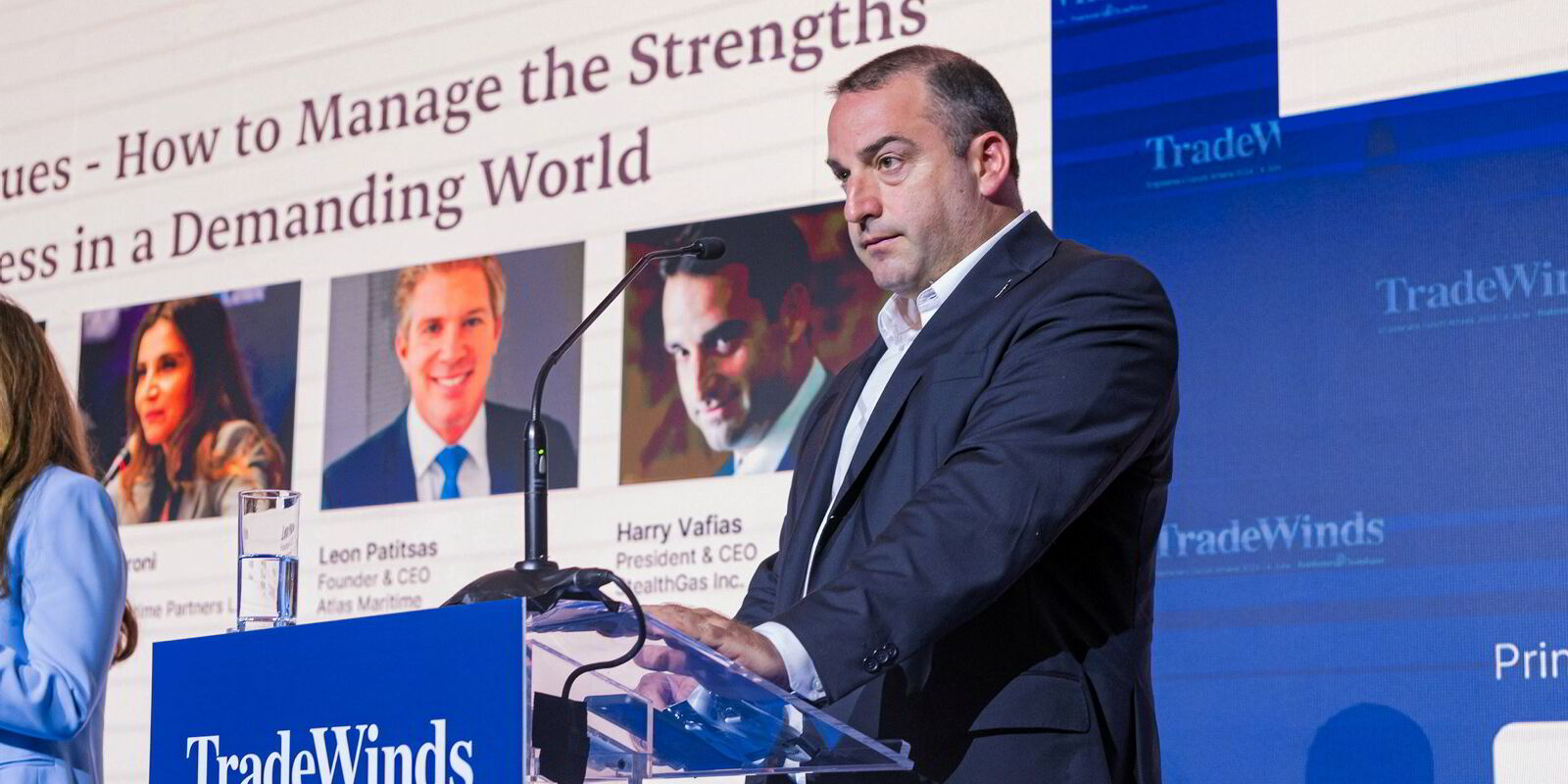
More ship finance news
Swedish investment company Ramlosa Shipping plans for a listing on Nasdaq First North Growth in Stockholm, with a goal of SEK 27m ($2.62m) in new equity. Click here to read.
John Fredriksen-controlled Flex LNG has finalised $430m of new financing, raising net proceeds of about $97m. Click here to read.
Shipping investor darling Zim has been downgraded by a respected analyst at a time when the container ship heavyweight is cashing in on multiple disruptions. Click here to read.
